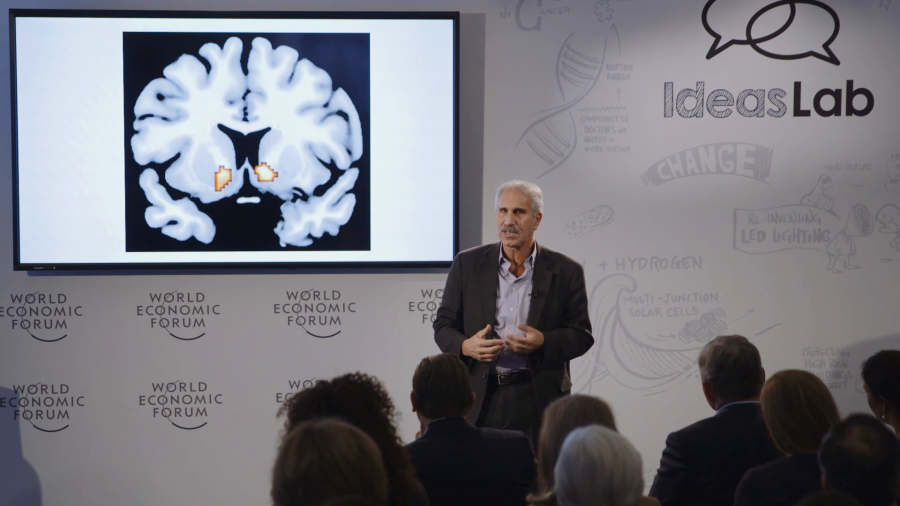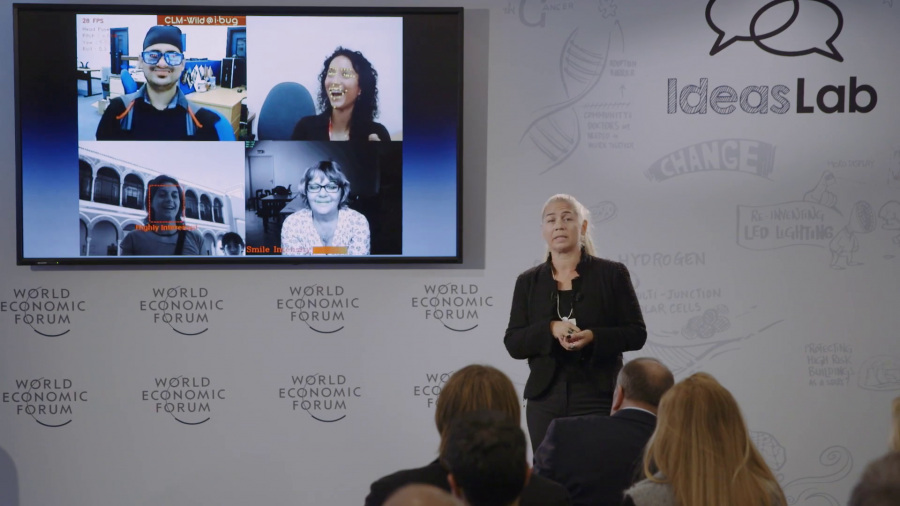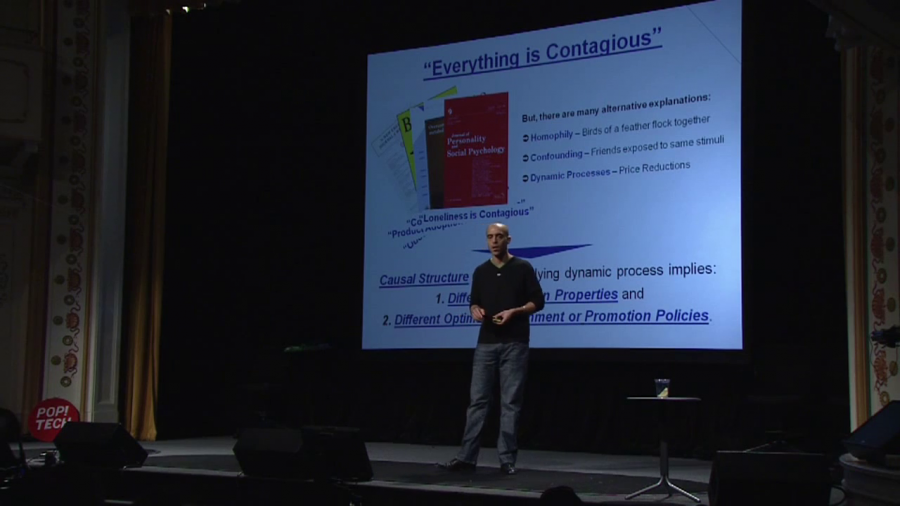The reason that I am interested in behavioral contagions is that I firmly believe that if we can understand how behaviors spread in a social network and thus in a population from person to person to person to person, that we could potentially promote behaviors like…condom use, or tolerance.
Archive

One of the most recent paradigms that we’ve used to try to get this under experimental control is to ask people to act out pretend harmful actions. So for instance, we’ll give them a disabled handgun. We’ll show them that it’s fake. That it couldn’t possibly harm a fly. We put it in their hands and then we ask them to shoot us in the head.

Why do we do the things that we do? Why do we sometimes choose to be loving parents and other times engage in irrational self-destructive behaviors? What drives us to sometimes be altruistic and other times make decisions that really threaten our very survival? Well, the answer lies in our brains. Our brains evolved to ensure that we repeat behaviors that will lead to our survival.
We know very little about complex financial systems and how systemic risk, as it’s called, is computed and how you would manage policies. And if you look back at the financial crisis, you can either say, as many economists do, “It all had to do with badly-designed rules,” which may be part of the story; it’s certainly part of the story. Or it may have to do with the interaction of those rules and human nature, like mortgage broker greed, optimism… And you see it not just in individuals who now have houses and foreclosure, but at the highest levels.

The face is a constant flow of facial expressions. We react and emote to external stimuli all the time. And it is exactly this flow of expressions that is the observable window to our inner self. Our emotions, our intentions, attitudes, moods. Why is this important? Because we can use it in a very wide variety of applications.

